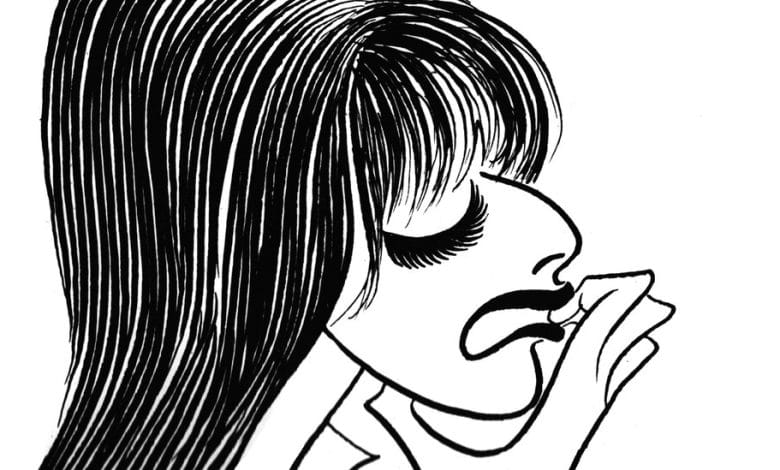The Brilliant Comic Who Shined Brightest Out of the Spotlight

MISS MAY DOES NOT EXIST: The Life and Work of Elaine May, Hollywood’s Hidden Genius, by Carrie Courogen
Nichols and May, the comedy team, were together from 1957 until 1961. They were so charming and sophisticated and acerbic, selling out Broadway theatres with their crossfire talk, that the critic Edmund Wilson saw them perform four times. He confided to his diary about Elaine May that he was “sorry not to be young enough to fall in love with her and ruin my life.”
She and Mike Nichols, who only briefly were lovers, split amicably. We know what happened to Nichols. By 1967 he had directed the movies “Who’s Afraid of Virginia Woolf” and “The Graduate,” as well as hit plays on Broadway. May’s arc was not so well-defined. In 1967, Life magazine profiled her under the headline, “Whatever Happened to Elaine May?”
Whatever did? The story is told in Carrie Courogen’s casual, sympathetic and compulsively readable new biography, “Miss May Does Not Exist.” The title comes from short biographies Nichols and May wrote for the back of one of their comedy albums. Nichols’s bio began: “Mike Nichols is not a member of the Actors Studio, which has produced such stars as Marlon Brando, Julie Harris, Ben Gazzara, Eva Marie Saint, Carroll Baker, and others too numerous to mention.” May’s read simply: “Miss May does not exist.”
It’s an awkward title that, as the book goes on, begins to seem apt. Throughout her life, May, 92, has had a knack for disappearing, for being there but not there. She has had a knack, too, for being — for lack of a better word — difficult. It’s one of this biography’s salient contentions that while American culture makes room for its tortured and demanding male talents, it freezes similar women out. “Big movie directors are the modern mad kings,” Pauline Kael wrote in 1973. There has been little room for mad queens.
What happened to Elaine May in the 1960s is that she became attached to a lot of projects, including her own plays, that flopped. She tripped into a messy scandal. She fell in love with her psychiatrist, a man named David Rubinfine, a well-known shrink to the stars. Rubinfine was married. His wife of 20 years killed herself. He had three young daughters who May suddenly needed to raise, in addition to her own daughter from a previous marriage.
May directed two hit movies in the early 1970s, “A New Leaf,” in which she starred with Walter Matthau, and “The Heartbreak Kid,” with Charles Grodin. She became known as a perfectionist — brilliant but also dithering, at least to those who wearied of her. She required take after take of scenes. She liked to say “action” but loathed to say “cut.” She wore her crews down. Matthau, no easy personality himself, commented that May “makes Hitler look like a little librarian.”